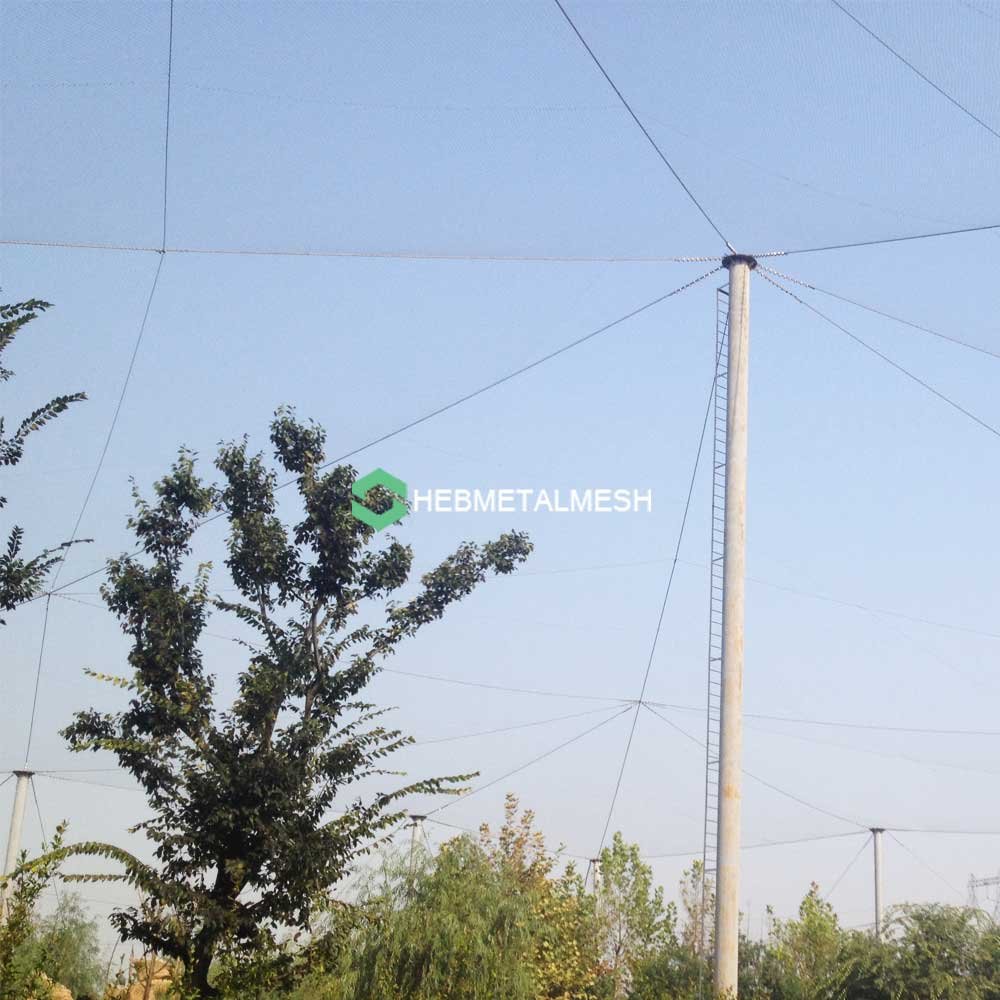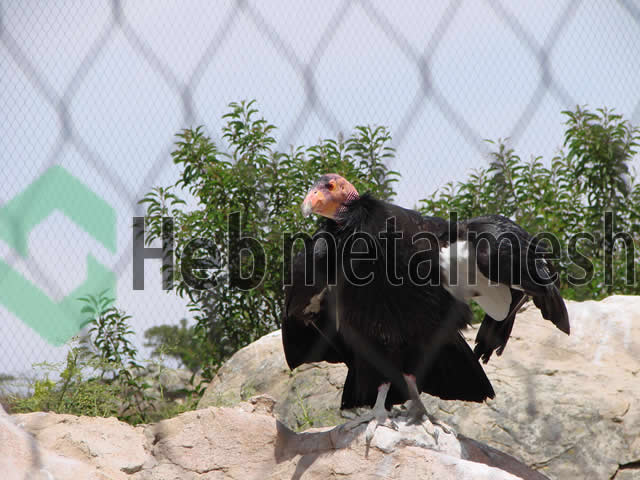Understanding Finch Birds
Finch Birds: A Brief Overview
When it comes to small, colorful birds, finches are often the first that come to mind. These delightful creatures have captivated bird enthusiasts for centuries with their vibrant plumage, melodious songs, and charming personalities. There are countless finch species, each with its own unique characteristics and behaviors.
Some of the most popular finch birds include:
- Canaries: These cheerful yellow birds are known for their beautiful singing and gentle temperament.
- Zebra Finches: With their distinctive black and white stripes, these social birds are a favorite among aviary owners.
- Society Finches: As their name suggests, these finches are highly social creatures that thrive in groups.
- Gouldian Finches: Renowned for their stunningly colorful plumage, Gouldian finches are a prized possession for many bird collectors.
- Munias: This large family of finches includes a variety of species, each with its own unique appearance and behavior.
Unique Characteristics and Behaviors of Finches
Finches are generally small birds with conical beaks that are well-suited for cracking seeds. They are often found in a variety of habitats, including forests, grasslands, and deserts. Many finch species are highly social and enjoy the company of other birds.
One of the most fascinating aspects of finch behavior is their ability to communicate with each other through songs and calls. These vocalizations can serve a variety of purposes, such as attracting mates, defending territory, or alerting others to danger.
Section 2: Planning Your Finch Bird Aviary
Choosing the Right Location: Indoor vs. Outdoor
The first step in creating a suitable home for your finch birds is to decide whether you want an indoor or outdoor aviary. Both options have their advantages and disadvantages.
Indoor Aviaries:
- Pros: Offers greater control over temperature, humidity, and lighting. Protects birds from predators and harsh weather conditions.
- Cons: Can be more expensive to build and maintain. May require additional ventilation to prevent mold and mildew.
Outdoor Aviaries:
- Pros: Provides a more natural environment for your birds. Can be less expensive to build.
- Cons: Requires more maintenance to protect birds from predators and harsh weather. May be susceptible to pests and diseases.
Essential Considerations for Aviary Size and Design
The size of your aviary should be based on the number of birds you plan to keep. A general rule of thumb is to provide at least 1 square foot of space per bird. However, larger aviaries will offer your birds more room to roam and explore.
When designing your aviary, consider the following factors:
- Height: Finches are good flyers and need plenty of vertical space.
- Width: A wider aviary will provide more room for perches and toys.
- Depth: A deep aviary will allow your birds to move around freely without feeling cramped.
Materials and Construction: Wood, Metal, or a Combination?
The materials you choose for your aviary will depend on your budget and personal preferences. Wood is a popular choice for aviaries, as it can provide a warm and natural environment for your birds. However, wood can be susceptible to rot and pests. Metal aviaries are more durable and easier to clean, but they can be cold and drafty.
Safety and Security: Protecting Your Birds from Predators
It is essential to take steps to protect your finch birds from predators, such as cats, hawks, and snakes. Consider using wire mesh with small openings to prevent predators from entering your aviary. You may also want to install a protective cover to keep out rain and snow.
Creating a Suitable Environment
Lighting: Importance and Optimal Levels
Adequate lighting is crucial for the health and well-being of your finch birds. Finches need a combination of natural and artificial light to simulate the changing seasons.
- Natural Light: Aim for at least 12-14 hours of natural sunlight per day. If your aviary is primarily indoors, consider using a grow light to supplement natural light.
- Artificial Light: Use full-spectrum light bulbs that mimic natural sunlight. Avoid using red or blue bulbs, as these can interfere with your birds’ natural rhythms.
Temperature and Humidity: Maintaining Ideal Conditions
Finches are sensitive to temperature and humidity fluctuations. It is important to maintain a consistent environment within your aviary.
- Temperature: The ideal temperature range for most finch species is 65-75°F (18-24°C). Avoid extreme temperature fluctuations, as these can stress your birds.
- Humidity: A relative humidity of 40-60% is generally recommended for finches. You can use a humidifier or dehumidifier to adjust the humidity levels in your aviary.
Ventilation: Ensuring Air Quality
Good ventilation is essential for maintaining healthy air quality within your aviary. Poor air quality can lead to respiratory problems and other health issues.
- Airflow: Ensure that your aviary has adequate airflow to prevent stagnant air. Consider using fans to improve circulation.
- Avoid Drafts: While good ventilation is important, avoid drafts that can make your birds uncomfortable.
Substrate and Bedding: Choosing the Right Materials
The substrate and bedding you choose for your aviary will affect the overall environment and cleanliness. Popular options include:
- Newspaper: Inexpensive and easy to clean, but can be messy.
- Shredded Paper: Provides a soft and absorbent surface.
- Wood Shavings: Avoid cedar or pine shavings, as these can be harmful to birds.
- Linseed Meal: A natural and absorbent bedding option.
Perch Placement and Variety: Promoting Natural Behaviors
Providing a variety of perches will encourage your finches to exercise and engage in natural behaviors. Perches should be of different sizes and shapes to help strengthen their feet and prevent boredom.
- Natural Perches: Branches from non-toxic trees can provide a natural and stimulating environment.
- Man-Made Perches: Consider using perches made from wood, rope, or ceramic.
- Variety: Offer a variety of perch types and heights to keep your finches engaged.
Essential Equipment and Accessories
Feeders and Waterers: Types and Recommendations
Choosing the right feeders and waterers is essential for providing your finch birds with fresh food and water.
- Feeders: Consider using hopper feeders or trough feeders that are easy to fill and clean. Avoid feeders with small openings that can cause birds to strain their necks.
- Waterers: Offer both hanging water bottles and ceramic water bowls. Ensure that the water is fresh and clean at all times.
Nesting Boxes and Breeding Supplies
If you plan to breed your finch birds, you will need to provide them with suitable nesting boxes. Nesting boxes should be large enough for the birds to move around comfortably and should have a small entrance hole.
- Nesting Materials: Provide your birds with a variety of nesting materials, such as grass, hay, and feathers.
Toys and Enrichment: Keeping Your Finches Engaged
Providing your finch birds with toys and enrichment activities will help prevent boredom and promote mental stimulation.
- Swinging Perches: These toys can provide hours of entertainment for your birds.
- Bells and Rattles: Noise-making toys can stimulate your birds’ senses.
- Puzzle Feeders: These feeders require birds to solve puzzles to access their food.
Cleaning Supplies: Maintaining a Hygienic Environment
Regular cleaning is essential for maintaining a healthy and hygienic environment for your finch birds.
- Cleaning Products: Use mild, non-toxic cleaning products to disinfect your aviary and equipment.
- Regular Cleaning: Clean your aviary and equipment on a regular basis to prevent the buildup of bacteria and parasites.
Finch Bird Care and Nutrition
Feeding Your Finches: A Balanced Diet
A balanced diet is essential for the health and well-being of your finch birds. Finches are primarily herbivores, and their diet should consist of a variety of seeds, fruits, and vegetables.
- Seed Mix: A high-quality finch seed mix should form the basis of your birds’ diet. Look for a mix that contains a variety of seeds, including millet, canary seed, and oats.
- Fresh Fruits and Vegetables: Offer a variety of fresh fruits and vegetables, such as apples, carrots, and spinach. Be sure to remove any seeds or pits before feeding to your birds.
- Supplements: Consider providing supplements, such as vitamins and minerals, to ensure your birds are getting all the nutrients they need.
Water Quality and Availability
Fresh, clean water is essential for the health of your finch birds. Ensure that your birds have access to clean water at all times.
- Water Quality: Use filtered or bottled water to ensure that your birds are drinking clean, safe water.
- Water Availability: Offer multiple water sources to prevent overcrowding and ensure that all birds have access to water.
Regular Health Checks and Preventative Care
Regular health checks can help you identify and address potential health problems early on.
- Observe Your Birds: Pay attention to your birds’ behavior, appearance, and appetite. Any changes could be a sign of illness.
- Veterinary Visits: Schedule regular veterinary visits to ensure your birds are in good health.
- Preventative Measures: Take steps to prevent common finch diseases, such as mites and parasites.
Common Finch Illnesses and Treatments
Some common finch illnesses include:
- Respiratory Infections: These infections can be caused by bacteria, viruses, or fungi.
- Parasites: Mites, lice, and worms can infest finch birds.
- Nutritional Deficiencies: A lack of essential nutrients can lead to various health problems.
If you suspect that your finch bird is ill, it is important to seek veterinary advice. Early diagnosis and treatment can improve the chances of a successful recovery.
Breeding Finch Birds
Understanding Finch Breeding Cycles
Finch birds have specific breeding seasons, which are typically influenced by factors such as daylight hours and temperature. During the breeding season, finches will exhibit certain behaviors, such as nesting, courtship, and egg-laying.
Preparing for Breeding: Creating Suitable Conditions
To encourage breeding, you will need to create suitable conditions within your aviary. This includes:
- Nesting Boxes: Provide a variety of nesting boxes to accommodate different species and preferences.
- Nesting Materials: Offer a selection of nesting materials, such as grass, hay, and feathers.
- Privacy: Ensure that your finch birds have a private space to build their nests and raise their young.
Care of Chicks and Fledglings
Once the eggs hatch, the female finch will typically care for the chicks until they are ready to fledge. During this time, it is important to provide a balanced diet and plenty of fresh water.
- Feeding: Offer a diet that is high in protein to support the chicks’ growth.
- Hygiene: Maintain a clean and hygienic environment to prevent disease.
Ethical Considerations in Finch Breeding
Before breeding finch birds, it is important to consider the ethical implications. Ensure that you have the resources and knowledge to provide adequate care for the offspring. Additionally, avoid overbreeding, as this can contribute to the overpopulation of certain finch species.
Finch Bird Behavior and Training
Common Finch Behaviors and Interpretations
Understanding common finch behaviors can help you better connect with your birds and address any potential issues. Some common finch behaviors include:
- Chirping and Singing: This is a normal way for finches to communicate with each other.
- Wing Flapping: This can be a sign of excitement or agitation.
- Bathing: Finches enjoy bathing and will often splash in shallow water.
- Preening: This is a natural grooming behavior that helps to keep feathers healthy.
Training Your Finch: Basic Commands and Tricks
While finches are not as easily trained as some other bird species, they can be taught basic commands and tricks with patience and consistency.
- Target Training: Teach your finch to target a specific object, such as a finger or a stick.
- Step-Up Training: Teach your finch to step up onto your finger or a perch.
- Trick Training: With patience and positive reinforcement, you can teach your finch to perform simple tricks, such as ringing a bell or playing fetch.
Socializing Your Finch: Interaction with Humans and Other Birds
Socialization is essential for the well-being of your finch bird. By exposing your bird to different people and environments, you can help them become more confident and comfortable.
- Handling: Gently handle your finch regularly to help them become accustomed to human touch.
- Interaction: Spend time interacting with your finch, talking to them and providing them with attention.
- Socialization with Other Birds: If you have multiple finches, introduce them to each other gradually to ensure compatibility.
Troubleshooting Common Finch Bird Problems
Dealing with Aggression and Biting
Aggression and biting can be a problem for some finch birds. If your bird is exhibiting aggressive behavior, try the following:
- Provide More Space: Ensure that your aviary is large enough to accommodate your birds without overcrowding.
- Introduce Gradually: If you have multiple finches, introduce them to each other gradually to prevent aggression.
- Consult a Veterinarian: If aggression persists, consult a veterinarian to rule out any underlying health issues.
Preventing Feather Destructive Behaviors
Some finch birds may exhibit feather-destructive behaviors, such as plucking or chewing their feathers. This can be caused by stress, boredom, or underlying health problems.
- Enrichment Activities: Provide plenty of toys and enrichment activities to keep your birds mentally stimulated.
- Veterinary Check-up: Consult a veterinarian to rule out any underlying health issues.
- Dietary Review: Ensure that your bird is receiving a balanced diet with all the necessary nutrients.
Addressing Health Issues and Seeking Veterinary Advice
If you notice any signs of illness in your finch bird, it is important to seek veterinary advice. Early diagnosis and treatment can improve the chances of a successful recovery.
- Signs of Illness: Watch for symptoms such as lethargy, weight loss, ruffled feathers, or difficulty breathing.
- Veterinary Consultation: Schedule a visit with a veterinarian to assess your bird’s health.
- Follow Veterinary Instructions: Follow your veterinarian’s recommendations for treatment and care.
Resources and Further Reading
Recommended Books and Websites
There are many excellent resources available to help you learn more about finch bird care and breeding. Here are a few recommendations:
- Books: The Complete Guide to Finch Care by David Alderton, Finch Keeping: A Complete Guide by Ann Parrett
- Websites: The Finch Society of America (FSA), The British Finch Society
Local Finch Bird Associations and Clubs
Connecting with local finch bird associations and clubs can be a great way to meet other bird enthusiasts and learn from experienced keepers. These organizations often offer educational events, workshops, and breeding programs.
By following the information and advice provided in this guide, you can create a thriving and enjoyable home for your finch birds.


